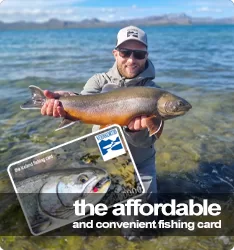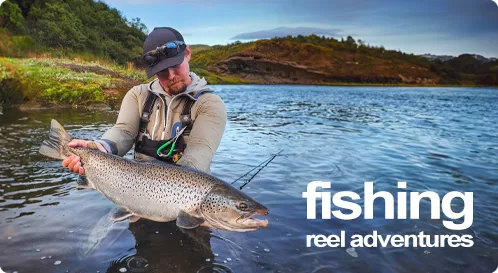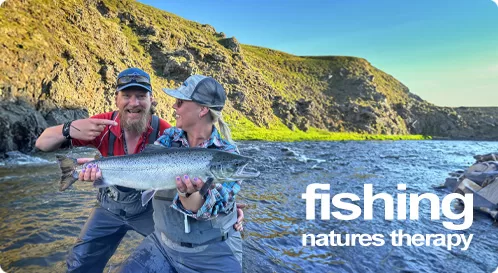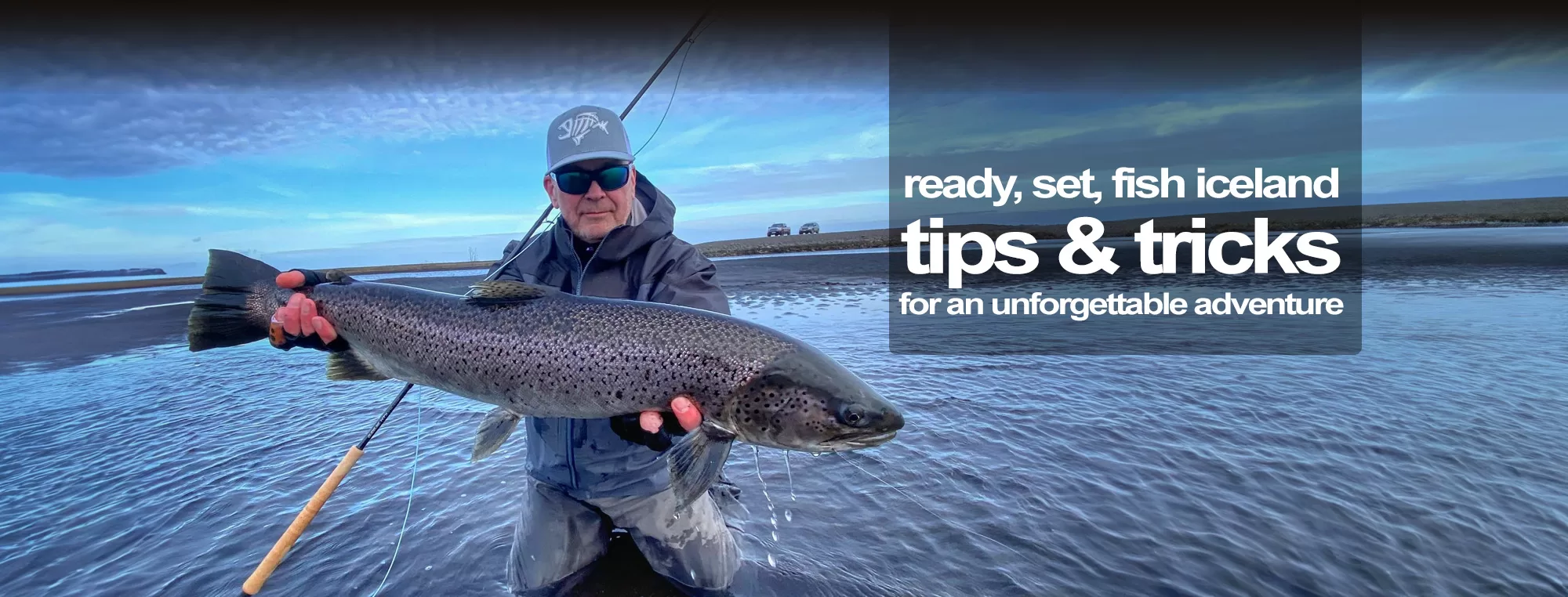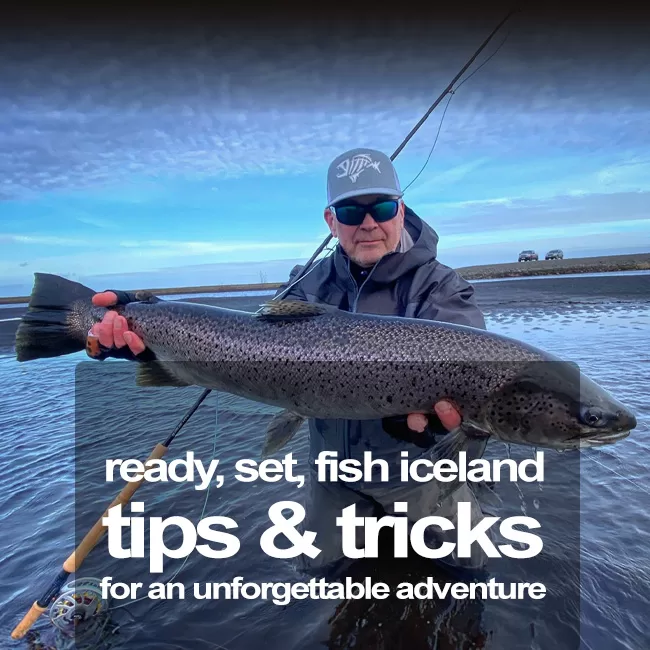Important Tips for Fishing in Iceland
Unique Icelandic Facts
- Iceland is Europe’s least densely populated country.
- The first people to settle Iceland were Irish monks, followed by Norse explorers.
- Iceland is home to the Arctic fox, its only native mammal.
- Icelanders address one another by first names—even the president!
- Occasionally, polar bears drift over from Greenland on floating ice.
- Iceland has no standing army, navy, or air force, reflecting the country’s dedication to peace.
Tackle Disinfection
Before fishing in Iceland, it’s essential that all tackle is disinfected to prevent the spread of invasive species. This process can be done conveniently at the airport upon your arrival, though wait times may vary from 1-2 hours, with the disinfection itself taking about 10-20 minutes. To save time, many travelers opt to have their tackle disinfected by a local veterinarian before they leave. Remember, though, that the certification and stamp cannot be more than three weeks old upon your arrival in Iceland. Make sure that your waders, especially the soles, and all other gear are thoroughly cleaned and ready for inspection.
Check out our Tackle Disinfection page here.
Weather: Always an Adventure
The weather in Iceland is famously changeable and offers every season’s surprises within a single day! Rain, wind, sunshine, and even snow are all possible year-round, so Icelanders often say, “If you don’t like the weather, just wait 15 minutes.” Be prepared for all conditions and make layering a priority to stay comfortable no matter what Mother Nature throws your way.
Time Zone
Iceland operates on GMT year-round, without daylight saving time adjustments. This keeps it aligned with the UK’s time zone during the winter months but provides Iceland with its own unique schedule through the summer.
Language and Communication
Icelandic, a descendant of Old Norse, is the national language, preserving linguistic traditions dating back to the Viking era. Fortunately for visitors, most Icelanders also speak English fluently, making communication easy for travelers.
What to Wear: Gear for Every Condition
When fishing in Iceland, layering is key. We recommend wearing thermal layers, thick wool socks, insulated sweaters, a wind- and waterproof jacket, gloves, a hat, and protective eyewear. Durable waders are essential, as they protect against both cold waters and the rugged terrain. And don’t forget a swimsuit—you won’t want to miss out on Iceland’s geothermal hot springs, where you can unwind after a day of fishing.
Electrical Compatibility
Iceland uses European-standard power with 240 volts at 50Hz and type F plugs. If you’re coming from the UK, US, or Canada, be sure to pack an adapter for your devices to avoid any charging issues.
Pure Icelandic Water
You can leave bottled water behind—tap water in Iceland is exceptionally pure, sourced directly from natural springs, and considered some of the cleanest water in the world. Bring a reusable bottle and enjoy fresh, delicious drinking water straight from the tap.
Explore More
For additional tips on fishing and travel in Iceland, be sure to visit the general information section on our website.
With these insights and preparations, you’re ready for an unforgettable fishing experience in Iceland’s pristine waters, surrounded by its captivating natural landscapes and fascinating cultural heritage.
Shopping at Duty-Free
For those interested in purchasing alcohol or tobacco, we recommend taking advantage of the duty-free shop at the airport upon arrival. You’ll find prices here to be much more favorable than in local stores, where alcohol is taxed heavily.
With these insights and preparations, you’re ready for an unforgettable fishing experience in Iceland’s pristine waters, surrounded by its captivating natural landscapes and fascinating cultural heritage.































